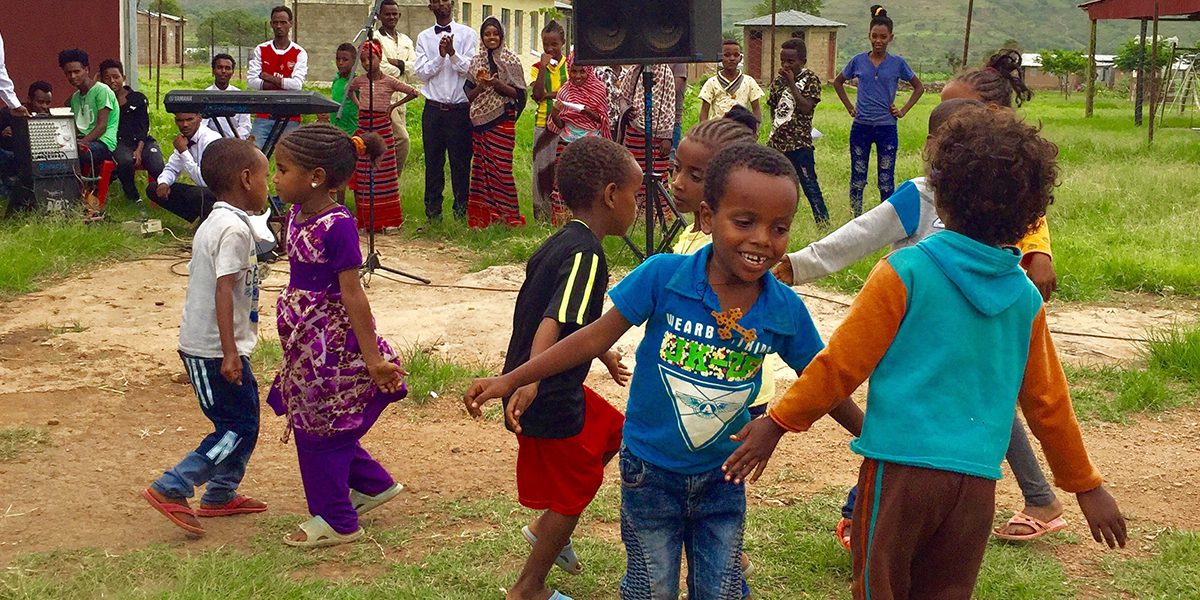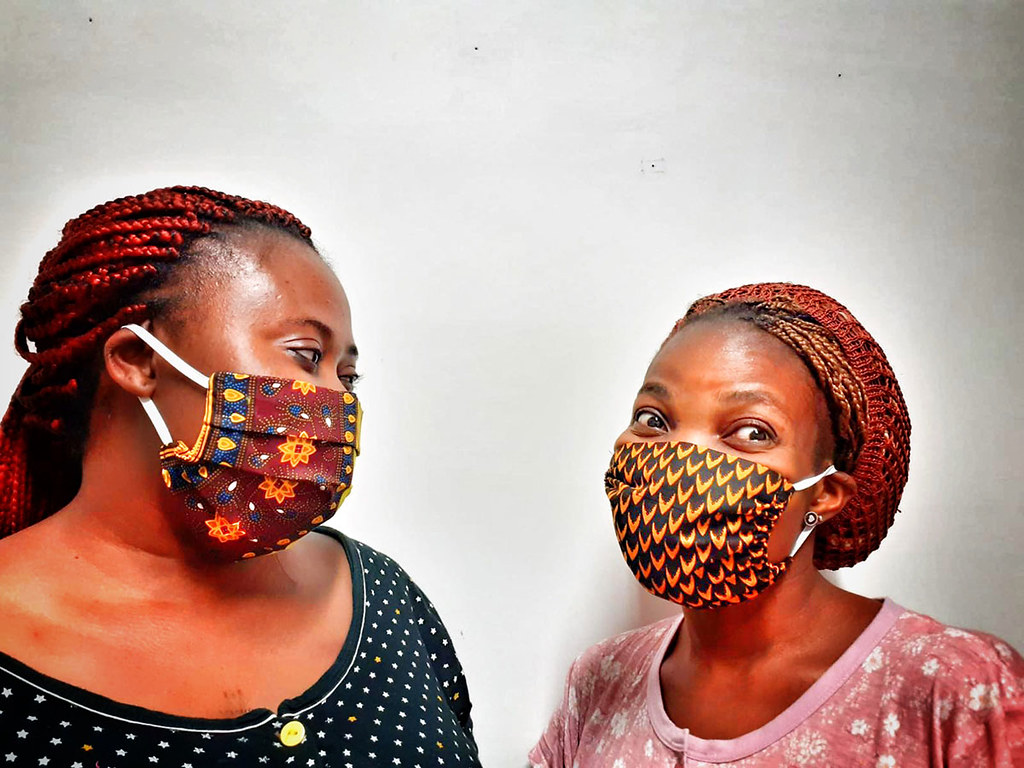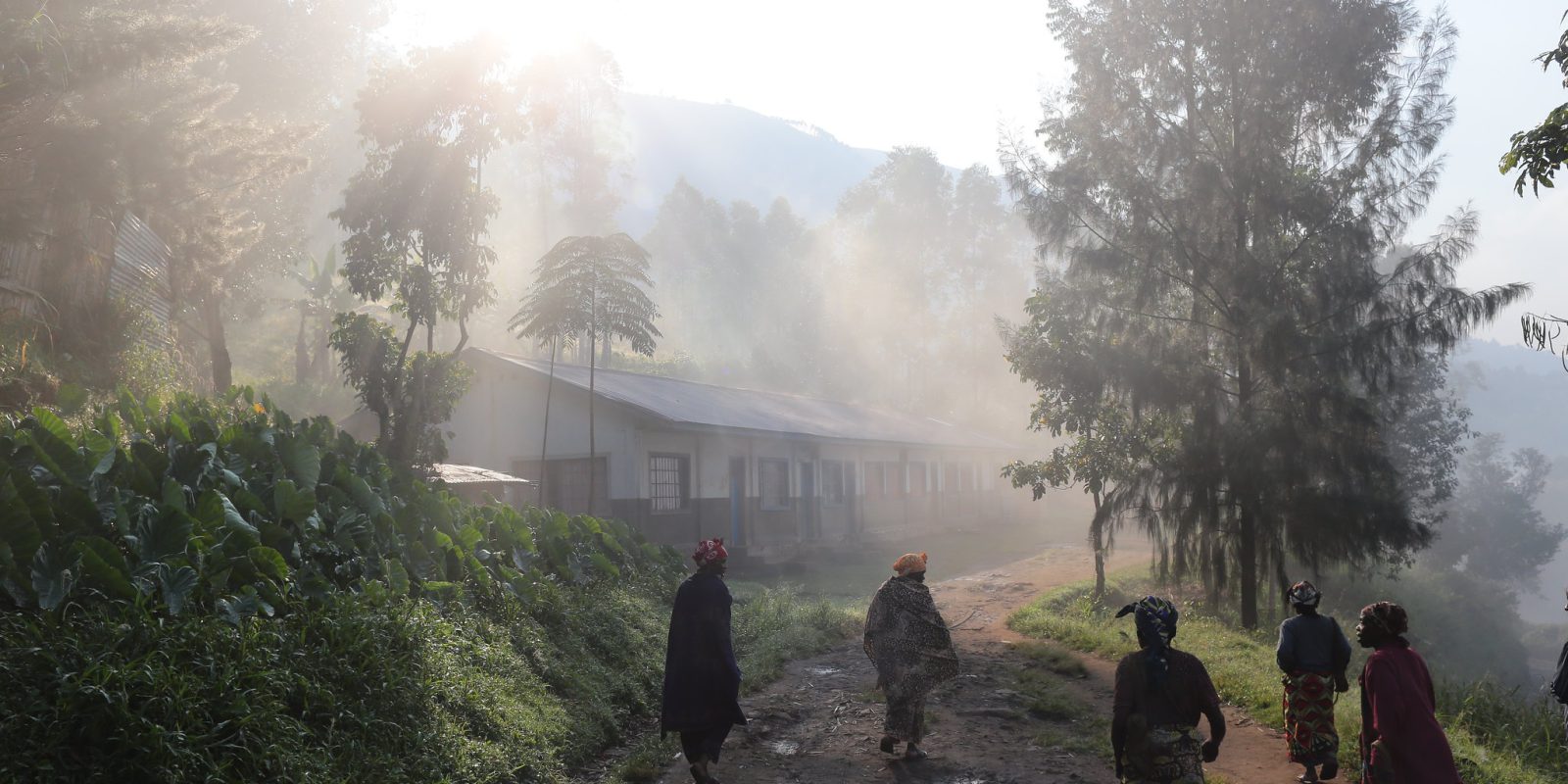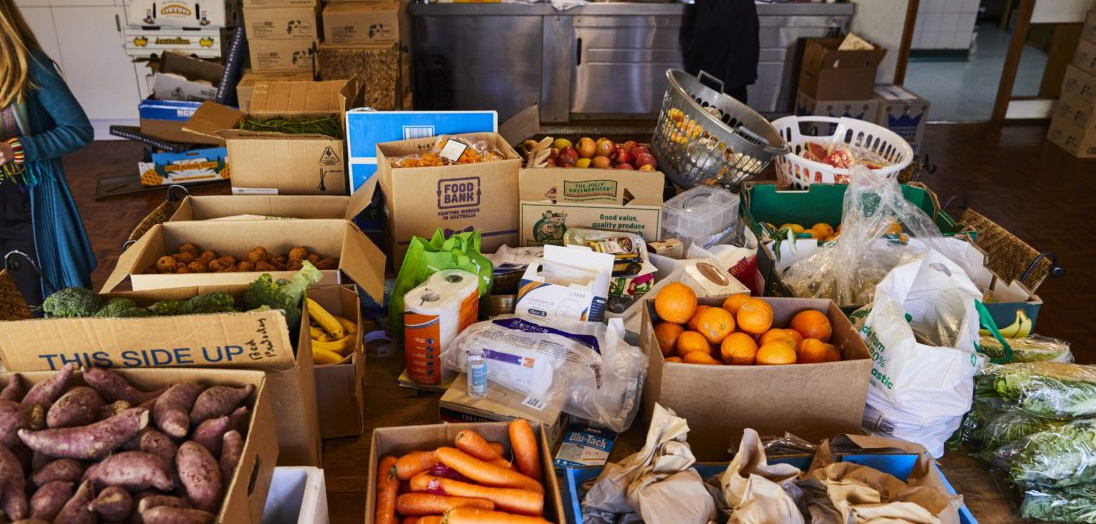JRS Australia calls for compassion and cooperation in the face of unprecedented forced displacement
27 July 2024

On the occasion of World Refugee Week 2021, JRS Australia affirms the UN High Commissioner for Refugees’ call to world leaders to step up efforts to foster peace, stability, and cooperation in the face of unprecedented levels of forced displacement. And in the enduring context of COVID-19, JRS Australia urges governments world-wide to ensure access to territory for people seeking asylum, and to include refugees and other forcibly displaced people in their vaccination plans.
JRS Australia Country Director, Tamara Domicelj said, “in the spirit of the whole-of-society approach embraced in the Global Compacts on Refugees and Migration, governments should work closely with civil society, including leaders with lived experience of displacement, diasporas, faith groups, as well as universities, UN agencies and the corporate sector to address the priority of keeping people safe, both from COVID-19 and from persecution, war, and violence.”
The UNHCR’s latest annual Global Trends report shows that 82.4 million people were in situations of forced displacement due to persecution, war, violence, and human rights violations in 2020, an increase of four percent from 79.5 million people in 2019. Of this figure, 42% are children, 26.4 million are refugees, over 4 million are people seeking asylum, and over 48 million are people who are internally displaced (IDPs) within their own countries. In Asia alone, more than 10 million people from Syria, Afghanistan, and Myanmar remained displaced outside their countries of origin.
Of significant concern is the fact that at the height of the pandemic, almost 100 countries closed their borders to people seeking international protection. A JRS and Georgetown University policy brief found that 57 countries still denied people seeking protection access to their territories as at April 2021.
Although Australia’s efforts to limit access to its territory, both by sea and land, long predate 2020, the COVID-19 pandemic has further hardened our policy, hermetically sealing our international borders to all non-citizens, including prospective applicants for protection.
Nonetheless, there have been 17,184 new lodgements for protection visas between March 2020 and May 2021 from people already within Australia. As at 31 May 2021, there were 105,498 people seeking asylum living in the Australian community. People seeking asylum, along with other temporary visa holders, were excluded from JobSeeker, JobKeeper and other Commonwealth Government COVID-related supports.
Since January 2020, JRS Australia has seen a 150% increase in demand for its services and has provided more than 21,000 unique instances of support to people seeking asylum, refugees, and migrants in vulnerable situations during the pandemic.
“Diasporas, community groups, parishes, schools, and philanthropic foundations have been crucial partners in this effort. But Australian governments must ensure that nobody is left behind during the pandemic and the post-pandemic recovery,” continued Ms. Domicelj
Australia has a responsibility to ensure that claims for protection are heard and assessed in a fair and timely manner, and that fundamental rights are recognised and access to vital services enabled whilst people are seeking asylum, irrespective of their provenance or mode of arrival.
JRS Australia welcomes the decision by Australian governments to ensure that people seeking asylum, refugees, and temporary migrants in vulnerable situations have free access to COVID-19 vaccines. This inclusive approach is an apt response to the growing global recognition that, in this pandemic context, “no-one is safe until we all are”.
As such, it is not simply a humanitarian measure, but an astute component of a robust public health strategy. And as a relatively wealthy developed country, it is incumbent upon Australia to contribute to the global vaccination efforts to our greatest capacity, in the spirit of international solidarity and the proportionate sharing of responsibilities.
As JRS has stated, “the dignity of each human person must be the guiding principle for global and national vaccination efforts. Pope Francis has called upon government leaders, business, and international organizations to foster “cooperation and not competition, and to seek a solution for everyone” rather than “letting the law of the marketplace and patents take precedence over the law of love and the health of humanity.”
___________________________________________________________________________________
Read the UNHCR’s annual Global Trends and Global Report 2020 here.
Read JRS’ global position statement on vaccines for all here.



